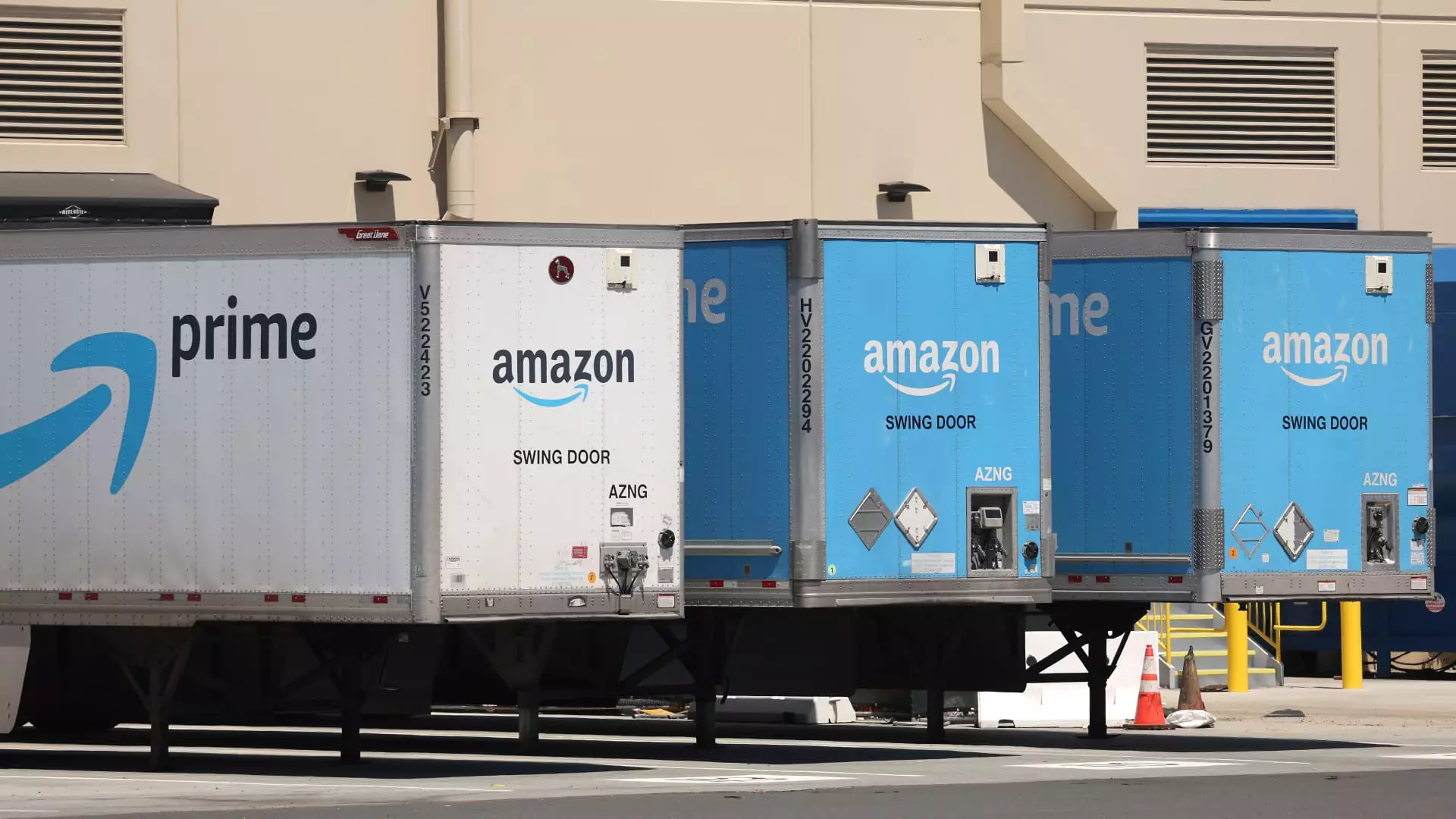The rise of e-commerce has changed the way consumers shop, bringing convenience and variety directly to our doorsteps. However, beneath the surface of this retail revolution lies a troubling criminal enterprise that threatens the very fabric of this new marketplace. The recent Department of Justice investigation into an Armenian organized crime ring, which allegedly siphoned over $83 million worth of merchandise from Amazon, underscores the gravity of the cargo theft crisis. This worrying trend not only robs large retailers but also endangers countless small businesses and the integrity of online marketplaces.
Cargo theft — a term that once seemed isolated to the world of logistics — is now rampant, with experts estimating losses to reach an eye-watering $1 billion annually. As a society increasingly reliant on swift, seamless online transactions, the shocking reality is that many of these products passing through our doors may have a dark backstory steeped in crime. These incidents shake consumer trust and risk devaluing the market, ultimately leaving consumers footing the bill for organizations like Amazon to strengthen their defenses against such unlawful acts.
The Elaborate Schemes Behind the Simplistic Crime
The intricacies of the crime ring’s operation illustrate an alarming degree of sophistication. Posing as legitimate truck drivers and employing a network of deceitful tactics, members of the gang orchestrated a series of thefts by obtaining freight routes from Amazon Relay, the company’s dedicated application for drivers to receive their deliveries. Rather than merely falling prey to opportunistic thefts, this organized group demonstrated strategic planning and execution, leading to a staggering volume of stolen inventory — from essential kitchen gadgets to popular electronics.
One cannot help but wonder how such an elaborate scheme could go undetected for an extended period. The sheer audacity of these criminals not only reflects their lack of respect for the law but highlights gaps in security protocols that could potentially put any logistics firm at risk. It raises concerns surrounding corporate accountability; without stringent safeguards and oversight, this reality becomes a dangerous business model, making it easier for dishonest players to infiltrate the system.
Impact on Small Businesses and Innocent Merchants
While the focus tends to be on Amazon’s colossal losses, the ripple effect of these cargo thefts is far-reaching. Third-party merchants using Amazon’s platform find themselves ensnared in a harsh and often unjust reality. Many have reported being suspended due to allegations of selling stolen goods — a designation that not only undermines their livelihoods but also casts an unjust shadow over their businesses. For these small vendors who rely on Amazon as a sales channel, being labeled a criminal can be catastrophic.
Notably, many of them assert that they were entirely unaware of the tainted origins of their merchandise, yet the system penalizes them instead of holding the true criminals accountable. This psyop of placing the burden on unsuspecting merchants invites criticism of the very systems designed to protect consumers. In the face of organized crime, it feels remarkably unjust for small businesses to bear the brunt of punishment rather than larger systemic contributors.
The Dual Role of Technology as a Tool and a Target
As much as technology facilitates the convenience of modern e-commerce, it simultaneously presents a vulnerability for exploitation by bad actors. The DOJ’s investigation revealed that the use of fraudulently operated transport companies like AK Transportation and Markos Transportation played a significant role in dodging accountability. The internet’s vast landscape often blurs the lines between legitimate and illegitimate, posing a challenge for authorities in distinguishing between harmful operatives and innocent sellers.
Furthermore, Amazon’s attempt to crack down on fraudulent activities is commendable, yet it raises the thorny issue of accountability. The tech giant’s response could easily spiral into overreach, ending up punishing the very vendors they originally set out to protect. The murky waters of online commerce demand robust frameworks that prioritize fairness and transparency while effectively combating crime without undermining the livelihoods of well-meaning merchants.
As e-commerce continues to swell, the need for stronger policies and protective measures becomes paramount. The impending legal repercussions for the criminals involved in this scheme should serve as a stark warning to others. Still, the broader question remains: how do we safeguard the integrity of the online shopping experience without stifling the growth of small businesses that form the bedrock of our economy? The answers lie in collaborative solutions, ranging from enhanced technology to legislative measures, that strike a balance between effective crime prevention and support for honest retailers.


Leave a Reply